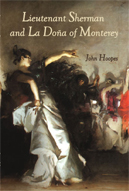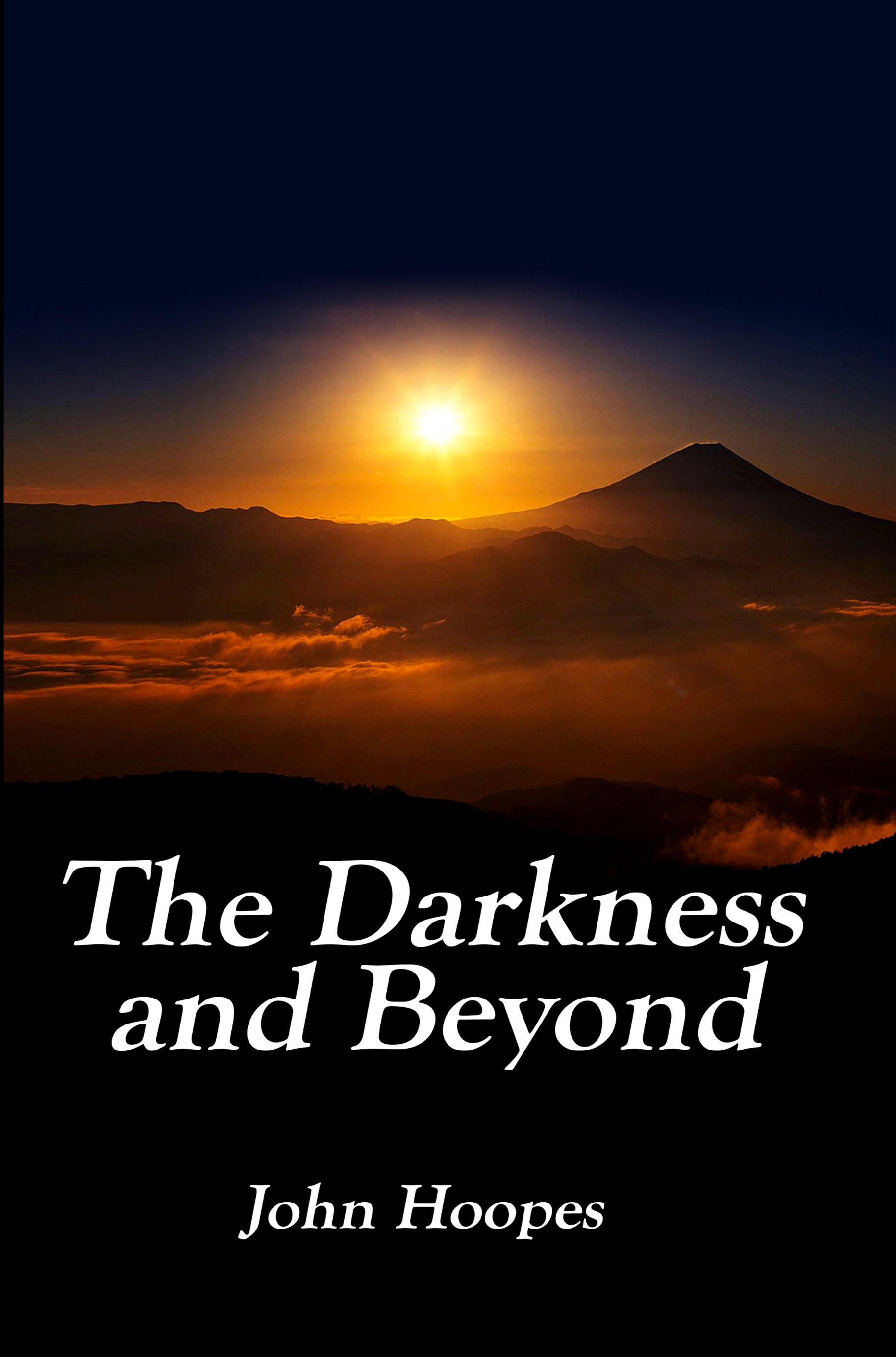

The Dolphins of Oceanus
A tiny, immensely powerful alien object enters our atmosphere and penetrates the ocean. Our planet’s Lord of the Sea, omnipresent and one of the Immortals, goes to it immediately and finds it embedded within the body of a helpless dolphin, adrift near a California cove. Dolphins of the colony also locate this helpless one, see by their sonar the mysterious, radiating power within him and believe him to be no true dolphin. But what is he? and how became that? and why? As the dolphins consider these imponderables, the unpredictable power eruptions of the mysterious jewel seem to threaten his life as well as the lives of other dolphins. While some think he should be destroyed, the Guardians of the colony come to believe his miraculous appearance is auspicious and they suspect that somehow he may benefit them as they contend with the recent ecological crises of the planet Oceanus. In consequence they must teach him survival skills while they study this mystery. It is soon discovered that this dolphin is a human transformed by the radiant jewel, which is still active within him and still continuing powerfully and miraculously to alter him. The omnipresent and invisible Lord of the Sea narrates these adventures as he follows intently the resolution of this mystery; for it is his responsibility as one of the Immortals to maintain harmony in these oceans and promote the evolution of all sentient beings therein. Oceanus’ newest creation, The Children of the continents, brilliant but irresponsible, are making that difficult.


Ralph and Bobbie On the Road
It is 1937, the Golden Age of Jazz and of Radio. The Hit Parade plays all the great new songs Life is hopeful again and the innocents come forth. Bobbie is eighteen in Birmingham, Alabama. She sings in a band and for radio. In a crisis Bobbie signs on with Jay Gould’s traveling magazine sales crew, heading to Los Angeles. Ralph is in Rexburg, Idaho, the same year, disliking the family farm and hating the winters there. Defying his father, Ralph leaves home to go on the road with Martin Seward’s magazine crew, traveling the US with new buddy Vic Sabattini, a kindred wandering spirit. Ralph and Bobbie are both fearless and primed for destined events. Eventually it must be that their paths lead to each other and their destinies merge.


San Francisco I:
Lieutenant Sherman and La Doña of Monterey
It is 1847: the celebrated Civil War General William Tecumseh Sherman is a mere lieutenant, serving as adjutant to the military governor of newly-conquered California, foremost prize of the recent Mexican War. For the next three years Sherman will enjoy in an intimate friendship with the de la Guerra family of Santa Barbara and Monterey, especially with Angustias de la Guerra, La Doña of Monterey. This friendship, however, is severely tested during and after that brief war, since the de la Guerra family, like many Californios, intensely desire to keep California an independent country, free of both Mexican and United States control; yet the family also values their friendships with sympathetic Americans like Sherman and US Consul Thomas Larkin. So even while Doña Angustias and her brothers actively resist the American takeover, La Doña is still the charming ambassadress par excellence of her culture to the conquering Americans; she is as well the enchanting and intimate friend of Lieutenant William T. Sherman, who escorts her to dances and is dazzled by her at fiestas at the family hacienda, where Sherman lives for many months. Paramount, however, for Lieutenant Sherman through all these trials and amusements is that he must employ extreme strategies in order to resist his enchantment by La Doña Angustias, the magnificently competent and beautiful Doña of Monterey, whose de la Guerra family owns a half million of the finest acres in all California, and whose husband is dying.


San Francisco II: Sonny & Valerian
Sonny Wells is a New York lawyer who's come west to help create government in the wilds of California, legal clerk for the military governor, General Mason. Even so, Sonny loves the excitement he finds in gold rush San Francisco, and he leaves Monterey to become a partner with the flamboyant Robert Parker, owner of the notorious Parker House. Before he makes that fatal step, however, he meets Valerian, the abandoned recluse of Mission Dolores. There he gives her a book of poems by Edgar Allan Poe, and this poetry will enchant Valerian, and Poe’s living voice becomes foremost of the invisible visitors that both comfort and haunt her in her deep, dark solitude. Poe speaks to her, and she answers, and eventually wishes to be with him. He draws her to him: though he is in Baltimore: though she has not dared go outside the mission’s walls in four years. Nor has she even seen the wonder of San Francisco two miles away across the sand dunes, which is arising so suddenly, so miraculously on the beach of the cove. Yet the mission is dying and she must leave it.

San Francisco III: Panama City
Panama City, 1850, is still at the heart of the tropical jungle, where savages drums can be heard in the night and cheetahs scream in the tree tops. It is also the quickest route east or west, to or from the fabulous gold fields of California. The American Hotel is usually only a brief stopover for these travelers, but on this day the layover will be extended, since the savages in the jungle seem prepared for trouble. Even Sonny with his chest of gold, and Valerian, going to meet Edgar Allan Poe in Baltimore will be delayed; and in that twenty-four hours their lives, as well as the lives of several others secluded there, will become transformed by the rapid and explosive chain of events.


Laka Chapala Serenade I: Gringo Paradise
A perfect climate and the serenity of quaint fishing villages attract swarms of retiring Americans and Canadians to Lake Chapala in Mexico. This real estate bonanza begets a comedy of suspicion, deceit and intrigue among the many aspirants to the prize. Yet even such a perfect model, walled-in community as MexicoLimpio must employ the services of spies and counter-spies to thwart not only its competitors, but also enemies within and enemies imagined.


Lake Chapala Serenade II:
Max and Carlotta Go to Mexico
The inevitable turn of the century California Malaise has finally settled on old hippies Max and Carlotta and they flee to Mexico. They build one house with their Mexican crew and become enamored of Mexico, the land of the people. Like their namesakes Maximillian and Carlotta long ago, they have idealistic dreams for their company and their new, adopted countrymen, their loyal workers. And like that ill-fated couple, they will be all the while comically ignorant of the forces that move against them, business rivals, bureaucrats and most fiercesome of all, a religious scourge, a Hindu swami intent on divine retribution.


The Spy In Love
Young Fonzo Suarez’ playground of enterprise is a little lakeside village in the highlands of Jalisco, Mexico, beside the beautiful but suffering Lake Chapala. There some thousands of dark-skinned natives have lived for centuries, and there also nowadays many thousands of Americans and Canadians have settled among them to enjoy a serene retirement. Happily, these gringos have come with lots of money, thus providing a prosperous industry in which chubby Fonzo may always be there for the next opportunity. He always seems to find a next one. He may seem a bumbling, absurdly dressed fool, but his inner resources are formidable. Years living in Los Angeles have made his English perfect; his family in the village is of the oldest, wealthy and influential; and he has not a least scruple to inhibit him in any of his pursuits. It will work against him only that he can suddenly, in careless moments, become sentimental, a true fool for love.


THE DARKNESS AND BEYOND
THREE NOVELLAS OF TRANSCENDENCE: Who can say if it be a blessing or no, that some souls awaken and find a path that will lead them on a mysterious and miraculous adventure toward enlightenment, but where, along the way, they may also encounter great danger, even death?—all of it real, or perhaps only imagined.
GORDON: A naïve, young hippie becomes apprentice to a shamanic teacher who takes him rapidly into dimensions he may or may not be prepared for.
NIGHTTOWN: one of the newly fallen makes a surreal journey into a purgatorial world, eerily reminiscent of San Francisco’s Tenderloin, between 2 am and dawn during Dark Moon Carnival. The Rimer, poet and master of transformation, will be his guide.
BEAUTY AND THE BEAST: THE UNTOLD STORY: a radical re-imagining of the myth, wherein the young and innocent heroine, to save her father, surrenders to a terrifying beast and finds, surprisingly, a vital, benign source of higher consciousness, which awakens her own latent spiritual longing.


ESCAPE TO MEXICO
This book was written after Elaine and I returned from our six and a half year sojourn in Mexico. My intention was to record everything that had happened to us during our six and a half Mexico years as accurately and truthfully as I could recall them. All my writing to that point had been fiction and that certainly is my artistic bent, so it was also natural for me to mold this “documentary” into the form currently in vogue called Narrative Nonfiction. This required me to re-view moment by moment a beautiful and also at times a nightmarish cinema of events. The images seemed to flood my consciousness and I wrote almost feverishly, like a man exerting super-human energy to keep from being inundated and drowned. I wrote 500 pages in two and a half months.


Three Twice
All three of these stage plays were performed in a small theater venue in San Francisco in the 1980s. Decades later I saw there was a value in converting them also to novellas. Three Twice then represents both the original theatrical versions and also their conversions to prose novellas.
BEAUTY AND THE BEAST: THE UNTOLD STORY: a radical re-imagining of the myth, wherein my heroine, to save her father, surrenders to a terrifying beast and finds, surprisingly, a vital, benign source of higher consciousness, which awakens her own latent spiritual longing.
NIGHTTOWN. A surreal journey by the Rimer, poet and narrator (“In the words I speak is the music I hear”), who descends into a purgatorial world, represented here in San Francisco’s Tenderloin between 2 am and dawn during Dark Moon Carnival, “a celebration that comes once only in a man’s life. Though this is not life, Kidd, it is Dark Moon Carnival. You walk it like a dream tonight if you walk with me.”
NIGHTWATCH. The year is 1854. It is the middle of the long Arctic night of winter, on a bay at the north coast of Greenland, approximately 700 miles from the North Pole. A two-masted sailing ship is there close to shore, but is unable to sail because all the water of that bay is frozen to a depth of many feet. Captain and crew have come searching for the lost Franklin expedition. The ship has been trapped in the ice there for two successive winters. All seventeen members of its crew and their captain are alive, though their continued survival is a constant struggle. Within the ship as without, all is intensest darkness. Not even shadows are visible. The Sun has been below the horizon for a month and a half, and will not become visible for another month and a half. Captain Elisha Kane is hopeful they will be free of the ice sufficiently by then to sail away to their home, providing he can keep them from dying of scurvy and from the madness and fear that haunts all of them.